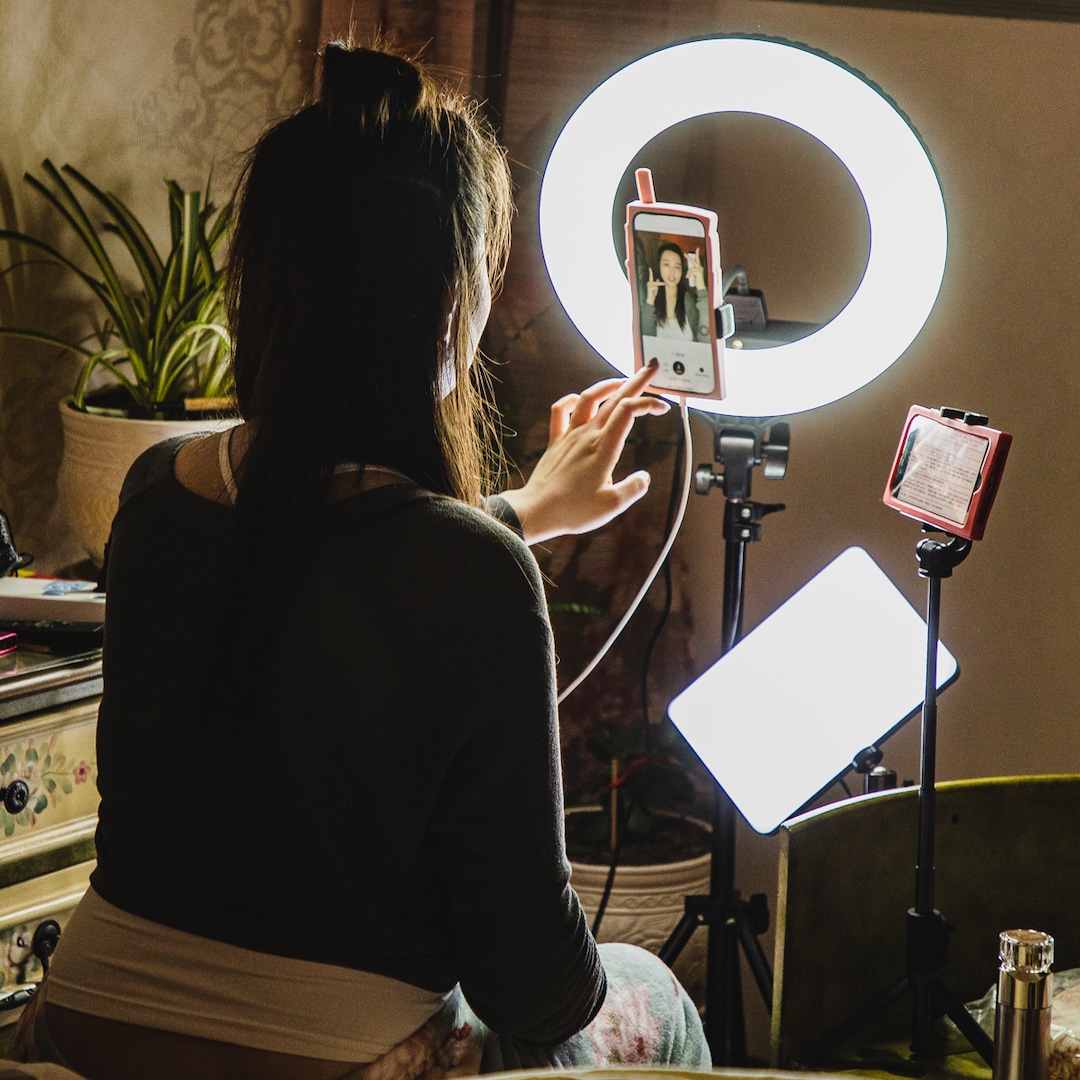Isn’t it ironic?
And no, we’re not talking about Alanis Morissette‘s 1996 hit, but rather TikTok’s viral trend of deinfluencing. So, what does that mean exactly? Instead of users recommending their favorite products, they are now sharing what they disliked.
There’s no denying that the trend, in which the hashtag has more than 200 million views, is an unusual approach for content creators to make. They typically steer clear of giving negative reviews for fear of losing out on brand partnerships or coming across as divisive.
And while the trend makes social media stars appear more relatable and honest to their followers, it’s also riddled with irony. Because no matter how it’s packaged, wrapped up and tied into a pretty bow, at its core, deinfluencing is still influencing.
Plus, the very people posting about what products they weren’t fans of come with a common disclaimer that sounds something like: “What didn’t work for me, might work for you.”
